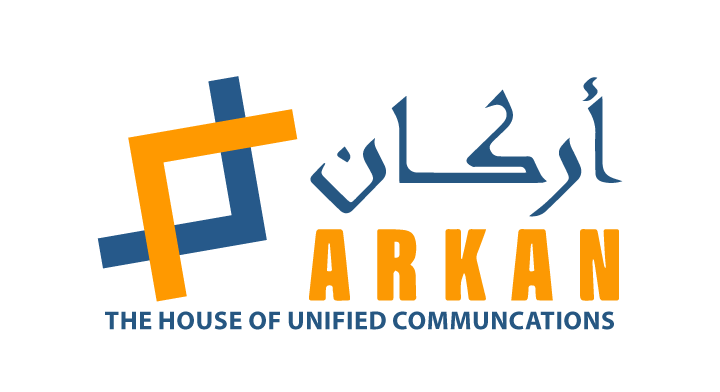The benefits of Implementing IoT for tank monitoring in industries
What are Storage Tanks, and their types?
Storage tanks are an integral part of process manufacturing. They come in different shapes and sizes, and their contents vastly vary from chemical fluids and liquids to bulk solids like cement, aggregates, and cereals. Nevertheless, irrespective of their applications, effective tank level monitoring and control are imperative to any industrial operation.
Despite its importance, industrial tank monitoring has been daunting and inefficient. Quite often, workers must manually collect level readings on site, which is time and labor-intensive, and often unreliable. With manual checks are done a few times per day or even per week, refilling or emptying is planned based on mostly speculation and guesswork. Industrial monitoring solutions using wired sensors have been introduced to provide more accurate insights into tank levels and eliminate the need for dispatching staff to the site. Compared to wired communications, a wireless IoT solution for industrial tank monitoring prevails in many ways. Wireless connectivity is flexible, cost-effective, and much less of a hassle to deploy. You can connect a large number of storage tanks simultaneously and aggregate a wide array of sensor measurements at each tank. By unlocking 24/7 asset visibility and feeding this data into enterprise management systems, a wireless IoT architecture enables enhanced production planning, asset management, and protection and operational safety.
Benefits of IoT for Tank Monitoring
1. Improved Production Planning with Level Monitoring
The monitoring of levels of tanks results in enhanced transparency into the inventory levels. This IoT Solution captures real-time production data from embedded sensors, processes the data into information on the IoT Platform, and provides the relevant information to the users on its mobile/web apps.
With this huge pile of information, you can eradicate a huge human capital requirement which results in a large cut in operational expenses. While keeping real-time control over your inventory. Our solution empowers the operators with the ability to remotely monitor the inventory levels inside tanks. Supervisors are immediately alerted if the level inside the tank goes below/beyond the allowed limits.
2. Personalized Alerts:
You can set alerts as per your defined operational parameters. Anytime tank level gets low or any suspicious behavior like theft or leakage happens, an alert is sent to the concerned person.
Example- If you want to receive immediate alerts whenever your fuel level goes beyond/low than anticipated levels, all you need to do is to configure the threshold limits according to the anticipated values. With the help of a mobile-friendly dashboard, you can retrieve all the information and can get all the alerts on your smartphone/tablet.
3. Simplify Logistics:
With Tank Level Monitoring Solution, you can optimize your inventory by having the reach to real-time inventory levels. Without the real-time data from sensors installed, it’s impossible for the companies to know when a tank needs to be fed down with more of the substance.
Example- The IoT business Solution provides a dashboard with real-time information which helps in managing the inventory levels. Anytime, the level of the tanker goes down, an alert is sent to schedule a trip to refill it. Companies can use the admin portal to monitor the customer demands, schedule and develop deliveries in advance.
4. Leak Detection and Structural Integrity Control
Taking one step further, smart sensors can be installed to check on the structural health of tanks round-the-clock for anticipation and prevention of potential leakages in the long run. Wireless corrosion detectors are instrumental in detecting wear-and-tear like reduced wall thickness over time due to abrasion. Simultaneously, vibration sensors can diagnose unwanted events such as jolted tanks caused by nearby pick-up vehicles, while temperature readings help monitor unusual reactions inside chemical tanks that may cause structural instability. Leveraging advanced analytic tools, conditions that lead to failures can be identified over time. This allows operators to prioritize maintenance tasks based on the urgent needs of specific assets.
5. Real-time Monitoring
IoT Solution lets you monitor all of your tanks in real-time across multiple sites. The de-centralized operational dashboard contains all the relevant information. The color depicted notifications are categorized in an easily comprehensible manner. Example- Sensors embedded inside the tankers sense the real-time oil level of the tankers. Anytime the level goes below/beyond the allowed/anticipated operational parameters alerts are sent to the supervisors.


